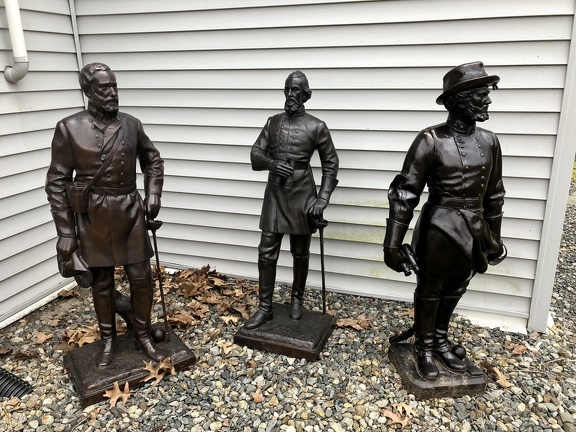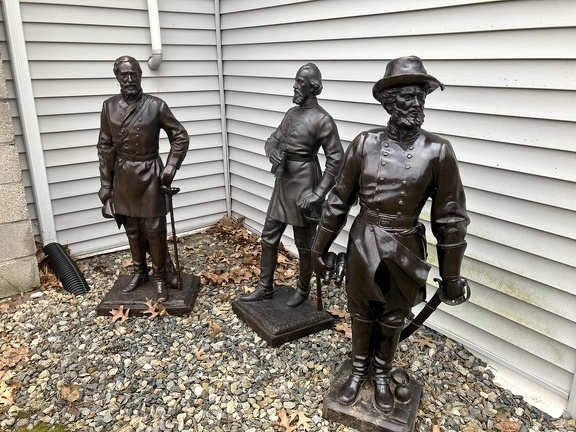In our society, there are categories of people universally acknowledged as having suffered. There are certain experiences universally recognized as difficult.
Whenever a person falls into one of these categories, or goes through one of these experiences, everyone expresses empathy. Everyone rallies around them. People offer condolences, say how sorry they are, say that they can’t imagine how difficult it is to go through that experience. Everyone falls all over themselves in their eagerness to help, to support, to stand in solidarity.
My life, from the time I was a little kid, was difficult and painful. I’ve suffered enormously and experienced tremendous pain. But I don’t fall under any of the aforementioned categories of people. The things I’ve experienced are not recognized as difficult by our society.
Instead of rallying around me, instead of saying how sorry they are, people tell me that what I am going through is no big deal. They tell me to stop being so sensitive, to stop complaining. They tell me that it is for my own good, that everyone has to do things they don’t like, that I should have acted differently. They tell me that I am a jerk for being upset, or that I caused the situation and therefore have no one to blame but myself.
Other people’s suffering and pain are acknowledged. Mine are not.
In the eyes of society, I am a well-off, able-bodied person who ought to help, support, and sacrifice for the benefit of those who are struggling. For the benefit of those who are “less fortunate.” But in reality, I am the one who is struggling. I am the one who is less fortunate. And others should be helping, supporting, and rallying around me.
In the eyes of society, because I don’t fall into a category that is considered “oppressed” or “marginalized,” because my experiences don’t match up with society’s idea of hardship, I am considered “privileged.” But in reality, having one’s suffering and difficulties acknowledged is the most significant form of privilege that exists.
That’s why the things that have happened in our society since spring 2020 have been so devastating, infuriating, and enraging.
During that horrifying spring and summer, society collectively exploded with eagerness to acknowledge black and indigenous people’s suffering, even though these are categories of people whose suffering has always been acknowledged. In other words, society doubled down on the practice of acknowledging other people’s suffering while ignoring mine. This would be bad enough in itself. But this time, society decided to do something even more unfair and unjust than merely ignoring my suffering. This time, society’s acknowledgement of other people’s suffering took the form of actively destroying something that is very important to me – statues.
What has happened in our society since 2020 represents not only the failure to acknowledge my pain, but the active infliction of additional pain on me.
That is why the events of the past four years have been so horrible.
Whenever a statue is removed, a holiday canceled, a street or building renamed, society is saying that other people’s suffering matters and mine does not. And over the course of four years, this reprehensible message has spread to contaminate more and more of the world. What used to be parks, cities, squares, historic sites, cemeteries, have been transformed into monuments to the idea that other people’s pain should be acknowledged and mine should not. Society’s rejection of me is now inescapable. Countless places, things, events, institutions have been turned into sickening reminders, that before were innocuous. The grim results of the traumatic events are everywhere.
Perhaps if I had experienced a life that was more or less easy, in which my needs were generally met, I would support the BLM movement. Perhaps I would agree with the idea that I am “privileged.” Perhaps I would willingly check my privilege, educate myself, be a better ally, work to become actively anti-racist, and center and amplify the voices of those who are less fortunate than me. Perhaps I would post mindless platitudes on social media, and then go back to cooking perfect meals in my perfect house on a tree-lined street with my adorable kids and dog, like the people who unfriended me when I had the audacity to speak out against the statue genocide.
But I didn’t experience such a life. I experienced a life of difficulty and pain. And society’s failure to acknowledge the difficulty and pain was the most difficult and painful thing of all.
So I will fight vociferously against any movement or ideology that considers me “privileged.” I will not silence myself in order to elevate other voices. I will not advocate for others, when others do not advocate for me. I am not interested in educating myself about the horrors of slavery or racism or “settler colonialism” (whatever the heck that means) when others demonstrate no interest in learning about the horrors that I’ve experienced. And I will not sacrifice my needs and wants for the benefit of the less fortunate, because the people considered less fortunate than me in the eyes of society are, in reality, anything but.
This is why I support All Lives Matter. Because it’s not only black lives that matter. My life matters, too.
You might consider me an asshole. You might say that I have no empathy for others. You might even call me a psychopath.
If I am an asshole and a psychopath, then so be it. Why should I have empathy for others, when others do not have empathy for me? Only when society acknowledges my suffering and my pain, will I consider doing the same for others.
As our public spaces are transformed one after another into sickening monuments to the idea that other people’s pain should be acknowledged and mine should not… I have erected my own monuments. They are only 4 feet tall and are not located on publicly visible land. But they are everything to me. I love them more than anything else in the world. They are monuments to Thomas “Stonewall” Jackson, Robert E. Lee, and Nathan Bedford Forrest. But they are also monuments to myself. They are monuments to the idea that my feelings matter, my thoughts matter, my perspective matters, and my pain deserves to be acknowledged. Through these statues, I take care of my favorite historical figures, celebrate them, honor them, fight for them. And in turn, they fight for me. They are my little army, standing guard outside my castle, my little world in which I matter.


